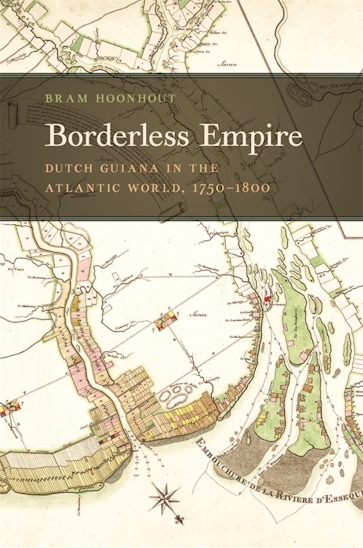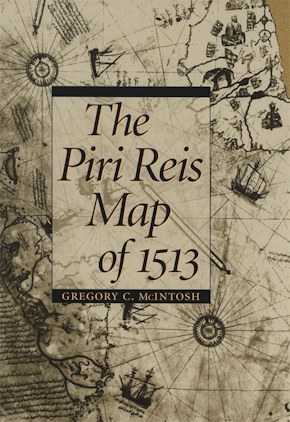Borderless Empire
Dutch Guiana in the Atlantic World, 1750–1800
Title Details
Pages: 292
Trim size: 6.000in x 9.000in
Formats
Hardcover
Pub Date: 01/15/2020
ISBN: 9-780-8203-5608-2
List Price: $62.95
Paperback
Pub Date: 04/01/2022
ISBN: 9-780-8203-6258-8
List Price: $34.95
Series
Subsidies and Partnerships
Published with the generous support of Andrew W. Mellon Foundation
Borderless Empire
Dutch Guiana in the Atlantic World, 1750–1800
How geographical and institutional openness in Dutch Guiana fostered a unique colonial economy
Skip to
- Description
- Reviews
Borderless Empire explores the volatile history of Dutch Guiana, in particular the forgotten colonies of Essequibo and Demerara, to provide new perspectives on European empire building in the Atlantic world. Bram Hoonhout argues that imperial expansion was a process of improvisation at the colonial level rather than a project that was centrally orchestrated from the metropolis. Furthermore, he emphasizes that colonial expansion was far more transnational than the oft-used divisions into "national Atlantics" suggest. In so doing, he transcends the framework of the "Dutch Atlantic" by looking at the connections across cultural and imperial boundaries.
The openness of Essequibo and Demerara affected all levels of the colonial society. Instead of counting on metropolitan soldiers, the colonists relied on Amerindian allies, who captured runaway slaves and put down revolts. Instead of waiting for Dutch slavers, the planters bought enslaved Africans from foreign smugglers. Instead of trying to populate the colonies with Dutchmen, the local authorities welcomed adventurers from many different origins. The result was a borderless world in which slavery was contingent on Amerindian support and colonial trade was rooted in illegality. These transactions created a colonial society that was far more Atlantic than Dutch.
—Evan Haefeli, Early American Literature

